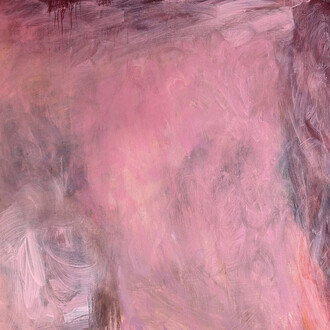Mr Brendan Howlin TD, Minister for Public Expenditure and Reform opened the National Library of Ireland’s new multimedia exhibition The Dublin Lockout – almost exactly 100 years to the day since drivers and conductors left their trams on Dublin’s busy O’Connell Street in a sequence of events leading to the Dublin Lockout.
The tramworkers’ action was a response to William Martin Murphy (President of the Dublin Chamber of Commerce and Chairman of the Dublin United Tramways Company), who had sacked and replaced over 300 tramway staff suspected of being members of the ITGWU (Irish Transport and General Workers Union), led by labour leader Jim Larkin. Murphy "locked out" strikers and made use of non-union labour and disputes spread across Dublin. Eventually, over 20,000 workers were involved in strikes and lockouts and the protest continued until January 1914.
Speaking at today’s event, Minister Howlin said: “Our debt to history is to present it in all its complexity and diversity. Great tribute is due to the NLI and the ICTU for holding true to that tenet. Thankfully too, this exhibition is one of a series of events, in the same vein, to commemorate the lockout. The people of Dublin have been afforded every opportunity to connect once more with this formative event in the city’s history. This exhibition allows the participants to tell their stories once again.
“The Dublin Lockout is a monumental event in our history. It was the largest in a series of labour disputes in the period, including a famous lockout in my own town of Wexford, which ended somewhat more successfully for the labour side. The backdrop to this rising is the appalling conditions of tenement Dublin. It may be a coincidence that 20,000 workers were impacted by the lockout and in a city where 20,000 families lived in single rooms, but it speaks its own truth.”
His remarks were echoed by ICTU General Secretary, David Begg, who said: “The Dublin Lockout exhibition gives the public an important opportunity to gain an insight into the thinking of some of the key protagonists in this epic struggle as well as the hard day-to-day experiences of ordinary workers and their families. They are bound to be struck – as I have been – by the heroic determination of the workers and their communities to achieve decent treatment and fairness at work and, ultimately, radical social change and advancement. Critical to events of one hundred years ago was the right of workers to organise and to collectively bargain – an issue that has yet to be resolved, along with the timeless pursuit of decent work.”
Acknowledging the assistance received in mounting The Dublin Lockout exhibition, Fiona Ross, the Director of the National Library of Ireland (NLI) said that it is an excellent example of a fruitful collaboration between the NLI and an external partner. It demonstrates yet again how the NLI and external agencies can cooperate effectively to achieve common goals. “We are very grateful for the financial support received from ICTU and for the research support provided by the Dublin Lockout subject experts Padraig Yeates and Peter Rigney”, Ms Ross added.
Items on display at the NLI exhibition include Jim Larkin’s hastily-scribbled advice to union colleagues before he was arrested, urging that “all must work together”, alongside the details of that arrest in the Dublin Metropolitan Police records, kindly loaned by the Garda Museum. Films and interactive touchscreens allow visitors to explore in depth the experiences of those who lived through this complex conflict. Contemporary commentators explore the enduring influence of the Lockout, including street artist Maser discussing images of the conflict in his work.
The NLI’s newspaper collection provides rich insights into this period in Irish history, as do archival collections such as the papers of labour leader William O’Brien. Other key sources include publications such as The Leprecaun, The Irish Worker and Irish Life, which commented extensively on the Lockout from different perspectives and featured photographs and cartoons illustrating the progress of the dispute.

















